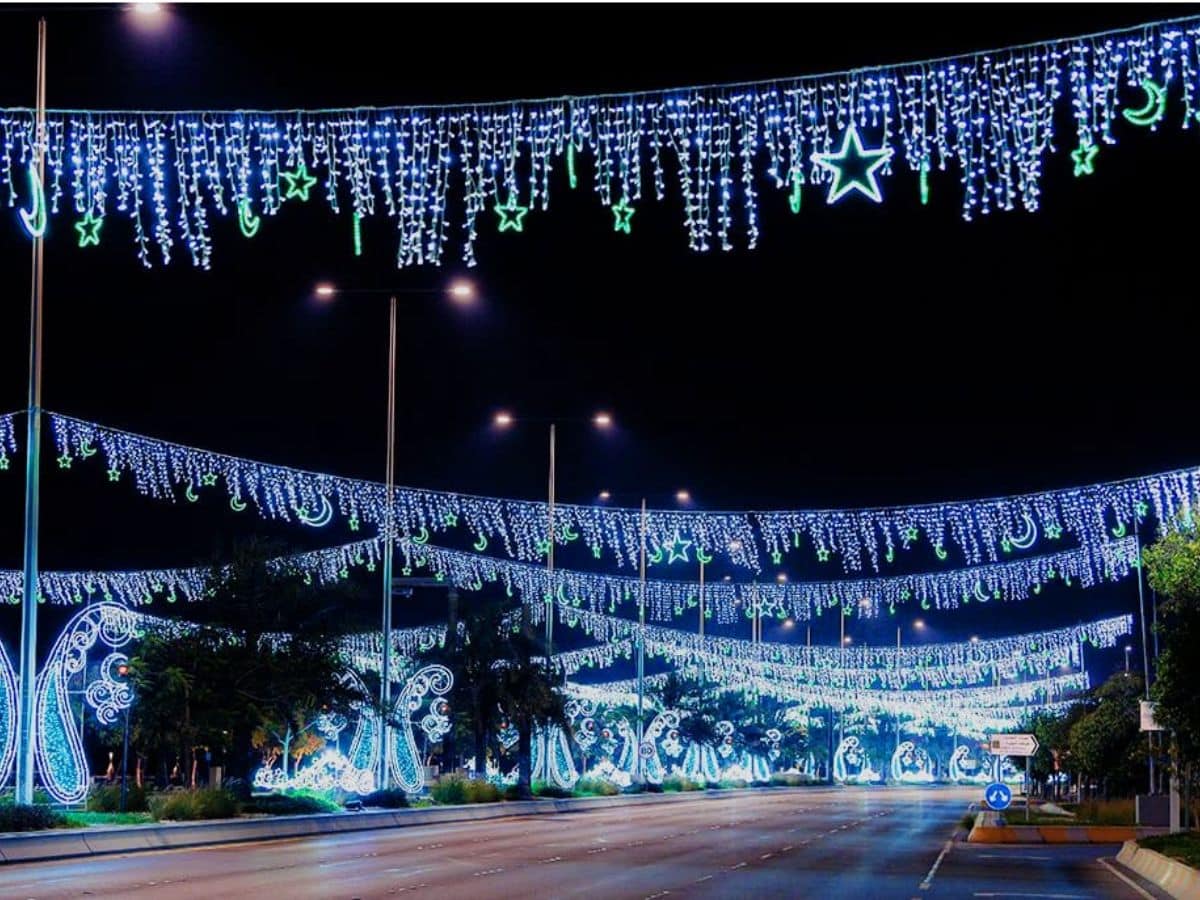
As the holy month of Ramzan began, a sense of serene tranquility has dawned over the Arab world and Dubai, the commercial capital of the United Arab Emirates is no exception.
Where everyone is in a rush to meet deadlines, a sense of calm has swept the city. Life slows down as work timings are re-scheduled and flexible hours, remote work culture is allowed.
Dubai’s workforce spans a diverse range—from hardworking blue-collar laborers at construction sites to white, yellow, and red-collar professionals in corporate, tech, creative, and government sectors—contributing to the city’s dynamic rhythm while easing street hustle, bustle, and traffic flow.
Zakat at its peak
Ramzan, which falls in the ninth month of the Islamic Lunar calendar, zakat acts are in abundance. Largesse is at its best. Purse strings are loosened to the full benefit of the poor and needy.
Iftars are served for the public in huge tents set up in selected mosques and public spots to provide the maximum to the fasting faithful. To avoid food wastage, municipalities and food control authorities conduct regular checkups during the holy month to maintain food safety standards.
Surge in beggars during Ramzan
The only downside this month is the surge of beggars, ranging from online panhandlers to those seeking alms with false claims of injury.
During Ramzan, several businesspersons from other Arab and Asian countries visit the Gulf to exploit its spirit of compassion and generosity.
Last year, Saudi authorities reported apprehending a beggar in possession of 117,000 Riyals, approximately USD 31,000 (Rs 27,11,587). In the UAE, another beggar was arrested holding 40,000 dirhams (Rs 9,52,690).
Streets lit up after sunset
As the sun sets, the usually quiet, dim days transform into vibrant hubs, with roads, streets, food outlets, parks and shops illuminated with multicolored lamps and neon signs, lighting up the kitchens for iftar dinners.
Night activities continue till Sehari time closing with the sweet dulcet call for pre-dawn prayers wafts through the silent early morning hours.
Spirutuality and simplicity
On the spiritual front, the government takes significant steps to ease the strain on the faithful, establishing standard schedules and practices for Taraweeh prayers, setting eight Rak‘ahs as the norm across the country, and discouraging lengthy Duas in Witr Salah.



